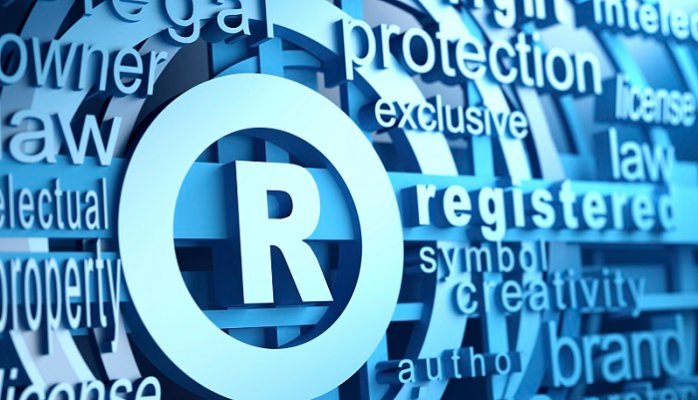
Foreign Language Words as Trademarks
© 2015, Dawsey Co., LPA
May 2015
One of the lesser known rules of trademark registration is the so-called, “Doctrine of Foreign Equivalents.” Under the Trademark Manual of Examining Procedure (TMEP), in examining for genericness or descriptiveness, the Examiner is directed to first translate foreign words or phrases, and then to compare that translation to existing marks. The rule states, “Words from modern languages are translated into English to determine descriptiveness or genericness… The test is whether, to those American buyers familiar with the foreign language, the word would have a descriptive or generic connotation.” TMEP 1209.03(g). This rule has been recognized by the courts for more than 80 years.
But the same TMEP section contains an important “out” that can really muddy the waters: “foreign words from dead or obscure languages may be so unfamiliar to the American buying public that they should not be translated into English for descriptiveness purposes…. The determination of whether a language is “dead” must be made on a case-by-case basis, based upon the meaning that the term would have to the relevant purchasing public.” And it’s not just “dead or obscure languages,” across the board, as the TMEP makes the point that while Latin is a dead language, in the sense that it is no longer commonly used, certain Latin words or phrases must still be translated for examination because, “if there is evidence that a Latin term is still in use by the relevant purchasing public (e.g., if the term appears in current dictionaries or news articles), then a Latin term is not considered dead.”
“In re Christopher A. Fahey, DBA Gravity Guitar Picks Trademark Trial and Appeal Board Case deals with guitar picks. The trademark examiner refused registration for the proposed mark SUNRISE, which under the Doctrine of Foreign Equivalents, was found to be confusingly similar to the registered mark, PUKANA LA, which means “sunrise” in the Hawaiian language. The TTAB applied a two part test, first determining that Hawaiian was not a “dead” language, because there was ample evidence that the language was still at least in some use in the world. However, as to being “obscure,” they ruled that the relatively small number of Hawaiian speakers (perhaps 25,000 in Hawaii and elsewhere in the U.S.) meant that the language was “not spoken by an appreciable number of individuals sufficient to sustain a finding of a likelihood of confusion.” Accordingly, the refusal to register was reversed and PUKANA LA guitar picks will have to share shelf space with SUNRISE.
Was the TTAB influenced by the fact that even in Hawaii, Hawaiian is not the most common day to day language, and that there are relatively few people who speak it exclusively? The gray zone of this case is easy to see, for if 25,000 speakers is not enough to rescue a language from being “obscure,” how many does it take? It’s an interesting and very short decision and well worth the time to read.
